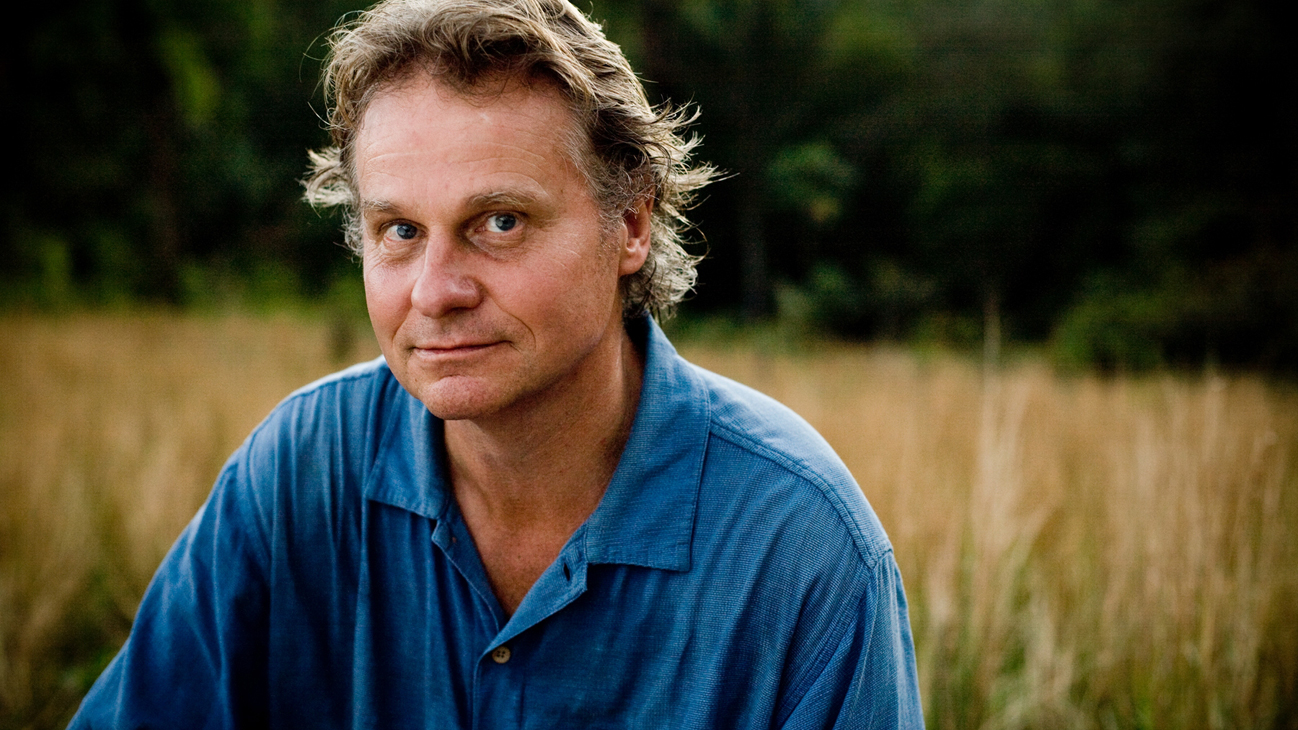It’s an unfortunate reality that the US is experiencing suffering on a disproportionate scale during the COVID-19 pandemic. Despite its status as a world leader, both politically and technologically, and having one of the most powerful economies on the globe, the country is struggling in the face of a disproportionate number of infections and deaths, along with a parallel employment crisis.
In a far-reaching essay for Rolling Stone, anthropologist and author Wade Davis argues that this historical moment marks a turning point for the USA. In the piece, Davis outlines why the nation will be forced to confront a range of long simmering issues in the post-COVID era, while at the same time its international influence is reduced.
Davis writes that, while the vast changes we’ve seen to traditional work culture and the ongoing adjustments to the economy are substantial, change has been a constant throughout human history. We are a remarkably adaptive species. However, as much as it is a challenge learning to adjust, change, and overcome the restrictions of a pandemic world, undoing the damage the US has suffered to its reputation will be nearly impossible.
To be sure, financial uncertainty will cast a long shadow. Hovering over the global economy for some time will be the sober realization that all the money in the hands of all the nations on Earth will never be enough to offset the losses sustained when an entire world ceases to function, with workers and businesses everywhere facing a choice between economic and biological survival.
Unsettling as these transitions and circumstances will be, short of a complete economic collapse, none stands out as a turning point in history. But what surely does is the absolutely devastating impact that the pandemic has had on the reputation and international standing of the United States of America.
Even as the US comes to grips with the impact its COVID response has on its global standing, Davis points out that the country has equally important, long-term concerns to deal with at home. These issues—disparity of wages and healthcare access, falling standards of living, and racial inequality—have only become more stark as the virus has taken hold. The facts show that most Americans were living precariously even before the current crisis.
Today, the base pay of those at the top is commonly 400 times that of their salaried staff, with many earning orders of magnitude more in stock options and perks. The elite one percent of Americans control $30 trillion of assets, while the bottom half have more debt than assets. The three richest Americans have more money than the poorest 160 million of their countrymen. Fully a fifth of American households have zero or negative net worth, a figure that rises to 37 percent for black families. The median wealth of black households is a tenth that of whites. The vast majority of Americans — white, black, and brown — are two paychecks removed from bankruptcy. Though living in a nation that celebrates itself as the wealthiest in history, most Americans live on a high wire, with no safety net to brace a fall.
From his point of view, Davis sees a shift in power and influence as inevitable at this point, no matter who wins the presidential election this fall. He believes that the next era of world politics will see the countries of Asia, in particular China, lead the way. As Davis puts it near the end of his piece:
“For better or for worse, America has had its time.”
Wade Davis’s presentations—illustrated by his exquisite photographs—are a wild and moving celebration of the wonder of humanity and the diversity of the human spirit, as expressed through the myriad of cultures he has encountered. A former Explorer-in-Residence at the National Geographic Society, and named by them as one of the “Explorers for the Millennium,” Davis’s work as an anthropologist and botanical explorer has taken him from the forests of the Amazon to the mountains of Tibet, from the high Arctic to the deserts of Africa.




